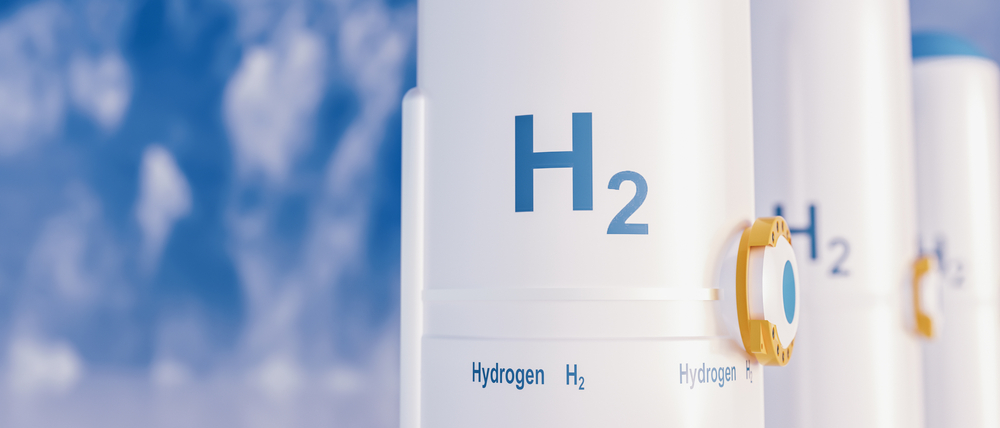
Energy Estate and Hills International College will jointly develop the Jimboomba Renewable Hydrogen Plant which will include a solar PV system as well as a renewable production and storage facility at the Hills Jimboomba campus in Queensland.
The project is being developed by Energy Estate under its HydrogenGrowth platform which focuses on developing a range of large and small scale ‘green hydrogen’ opportunities throughout Australia and internationally, including a number of large-scale plants in Queensland.
It is also part of a wider initiative by the Hills Educational Foundation to develop education and training programs that provide both theoretical and practical hands-on learning experience for international and domestic students interested in learning about renewable energy and hydrogen production.
International renewable energy developer, Elecseed, together with Korean government-owned utility KOMIPO (Korea Midland Power Co Ltd), are supporting the project through their investment to expand the existing Hills Foundation Solar Farm.
Elecseed and KOMIPO are also developing the Kumbarilla Renewable Energy Park (K-REP), a 200 megawatt (MW) solar farm with green hydrogen facilities in the Western Downs region of Queensland.
On Monday, Director of Hydrogen at Energy Estate, Kevin Peakman, said it is a great opportunity to develop the use of hydrogen in South East Queensland in a practical, distributed environment.
“We are also pleased to support the carbon-neutral goals of the College and provide a meaningful, hands-on opportunity to share that knowledge with the College and its students,” Mr Peakman said.
The Jimboomba Renewable Hydrogen Plant will see Hills Educational Foundation expand its existing solar farm to 2 MW, which will supply energy to the hydrogen plant.
The plant will supply Hills Educational Foundation, Hills Golf Club and other businesses with 24/7 renewable power and will enable the campus coaches to run on hydrogen fuel. The surplus hydrogen produced will be sold in the market primarily for mobility uses.
Hills International College is run by Hills Educational Foundation, a not-for-profit organisation offering unique educational opportunities in an environment where language, culture and activities are shared.
CEO Hills Educational Foundation, Joseph Marinov, noted that the Foundation has progressed towards a carbon-neutral goal by establishing large ground-based solar facilities, converting its diesel buses to run on hydrogen resulting in reduced diesel consumption, and are in the process of establishing a green hydrogen production facility and energy storage capacity.
“This multi-faceted project, that also includes potentially supplying oxygen to the adjacent wastewater treatment plant to reduce operational costs, demonstrates how the use of renewable energy to generate hydrogen can advance the hydrogen economy in Australia,” he commented.








